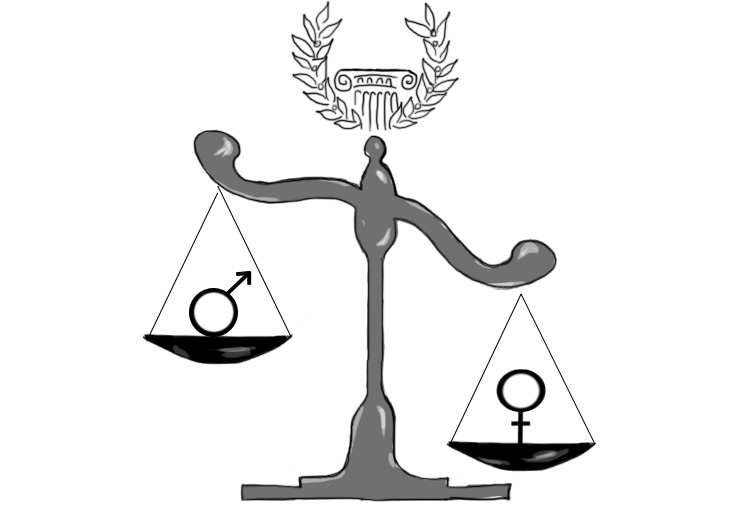In light of structural inequity, ban greek life
 In a trailer for Neighbors 2, a sorority leader explains to a potential new member that in the United States, sororities are not allowed to throw parties within their chapter houses while fraternities can.
In a trailer for Neighbors 2, a sorority leader explains to a potential new member that in the United States, sororities are not allowed to throw parties within their chapter houses while fraternities can.
In retaliation, the protagonist, played by Chloë Grace Mortez, starts her own sorority to combat how “sexist and restrictive” the greek system is. It’s absurd that the greek system is circuited so often throughout the media because of its recurrent inequalities, but then again, the greek system itself truly is ridiculous.
So why is it that fraternities can have parties, ill-intended ones to say the least, while sororities can’t? It sounds like a possible solution to the ongoing sexual harassment women experience. Maybe women would be safer partying in their own homes rather than at a frat house.
Houses perpetuate a sense of superiority, exclusion and racism. But let’s not forget about the internalized misogyny, the absolute overtone of sexism and gender inequality, and the continued homogenous existence of fraternities that, as a TIME article put it, “normalize a kind of white, male-dominated culture.”
Especially among frat houses, sexual assault and harrassment are like a bright red stain on white carpet. A “brother” can try repeatedly to get the stain out, scrub as hard as he can and even go as far as to cover it, but that stain won’t be going away any time soon. So how can one prevent the stain altogether? At a fraternity party, it’s safe to assume that a woman within the fraternity house is at risk of some sort of sexual harassment. According to the Washington Post, an estimated “40 percent of sorority sisters surveyed said they had been subjected to rape or attempted rape,” while a shocking “48 percent reported that they experienced nonconsensual sexual contact.”
With the constant perpetuation of sexism, whether through the exclusiveness of which girls are allowed in or the themed parties such as “Tennis Pros and Country Club Hoes,” there’s an expectation at these parties that fraternity brothers are “going to get some.”
Gender inequality persists within the house and that men feel superior to the women in attendance. In a TIME article, Jessica Bennett explained that, “if we lived in a gender-equal world, fraternities might work.” There’s a complete disregard to the worth and well-being of women and a definite implication of degradation toward the women who attend these parties, whether it be in who’s allowed to attend or what they’re wearing to promote the night’s themed party.
So the dance floor evolves into a hunting ground and men prey on unsuspecting women. And while a Guardian writer points out that “not all men who join frats (or varsity sports teams) are predators,” it’s important to note the amount of sexual violence that occurs in an average woman’s college career. It’s reported that one in five college women are sexually assaulted on campus. With numbers so high, it seems irresponsible to keep greek life going, especially without supervision.
These frat parties are fun when women aren’t being sexually harassed. These frat parties are fun when everyone returns home safely. And these frat parties are especially fun when a tearful girl doesn’t have to turn to her friend and explain, “It happened again last night.”
Though the idea seems innocent enough, a 1998 decision by the National Panhellenic Conference (which governs 26 sororities) made it clear that sorority houses prohibit alcohol consumption, which happens to be a catalyst to non-consensual activity. It seems illogical and counterproductive to enforce a rule as outdated as this one, especially knowing that fraternity men are three times more likely to initiate rape than other college men, according to a SAGE Publications study.
If sororities can’t hold their own parties while fraternities can, the cycle of sexual assault seems never-ending. The only logical way to really enforce sexual assault prevention — because for some reason, some people don’t understand that no means no — might be to eliminate greek life altogether. The suggestion is drastic, but could be the key to putting an end to sexual exploitation. Though the thought probably makes greek-goers angry, it’s an effective move in the right direction.

Banishment is the tactic of choice preferred by cowards and weaklings.